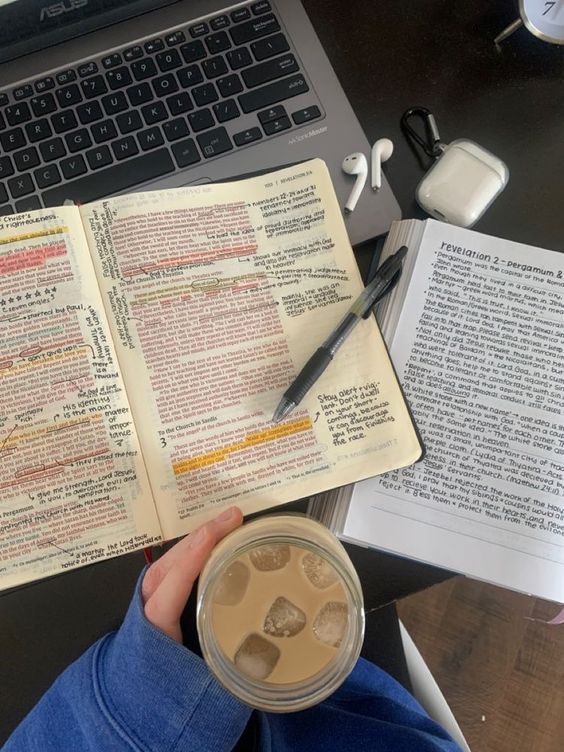Six hours spent on endless reading and highlighting. Tireless scouring through textbooks, notes, and video lectures. Preparation upon preparation have been made and the day of finals has arrived. The shuffling of paper as it is passed from row to row until it finally lands upon awaiting hands. Suddenly, all giddiness is traded for searing dread. All specks of knowledge have vanished, the only thing left being utter fear.
Chances are, you may have experienced this very scenario and it most likely led to a less than optimal score. The problem is not you: it’s your terrible study method.
Passive Learning
In the described situation, none of the information stuck because it was passively learned. Passive learning involves basic memorization of concepts and is commonly done by rereading notes and highlighting; thus, due to its simple nature, it is highly popularized. However, this learning style only gives the illusion of understanding.
Since passive processes like rereading are so easy to do, the brain does not put much effort into it. Unfortunately, this means that anything learned with this process is not truly understood. It is simply dumped into the short-term memory baskey with several other things. The only reason why the information feels so clear during study sessions is the recentness that it was learned (more about that on the article on spaced repetition). In reality, none of the information never went into long-term memory.
Active Recall
In contrast to passive learning, active recall forces the brain to find the answer for itself. The core of this method is to do repetitive practice to the point where the core information is ingrained in long-term memory. This method can be done with reviewing flashcards, doing practice questions, or reciting information with the friend. This way, the brain is exposed to more applications of the information and becomes better able to apply it on tests and quizzes. Even better, rather than spending hours upon hours pouring over notes, one can simply spend half an hour to an hour on a few practice questions and get better results.
Here are a few ways to practice active recall:
- Khan Academy is a good source for math and science
- Note why the other answers are wrong and the steps you should take to avoid those answers, even if you got the right answer
- AP Classroom is a good source for AP classes
- Ask your teacher for extra work
- For literature, type up the “[name of your course] + Final Exam with Key”
- For vocab, use flashcard apps like Gimkit, Quizlet, and Anki
- Try to enter the words without looking at definitions to test your knowledge
Conclusion
Compared to passive learning, active recall is a quicker and much more effective way to study. However, just like passive learning, if information is not learned in an appropriate way, it can be forgotten. Come back tomorrow to learn how to deal with the forgetting curve with spaced repetiton!





